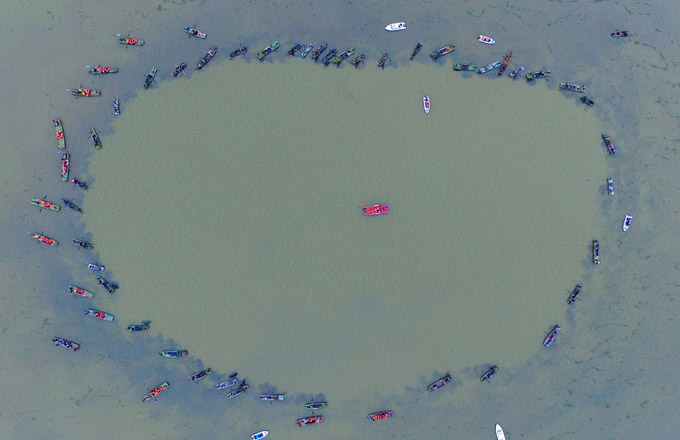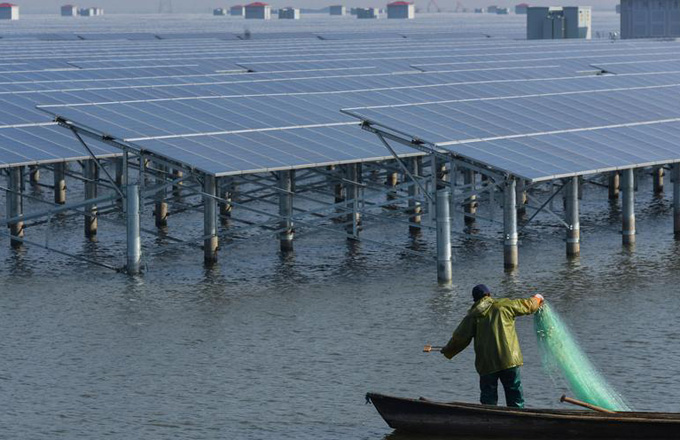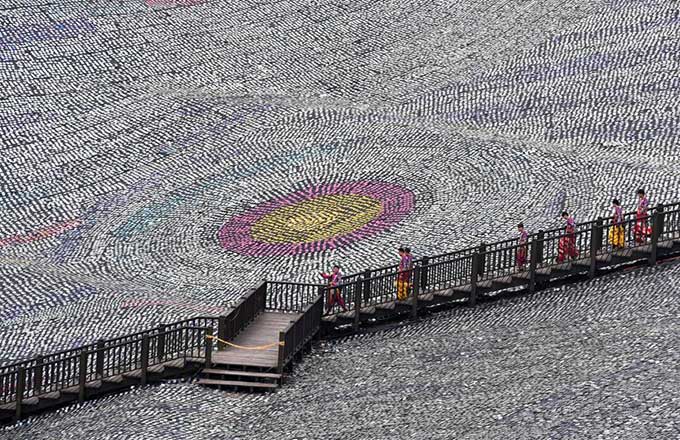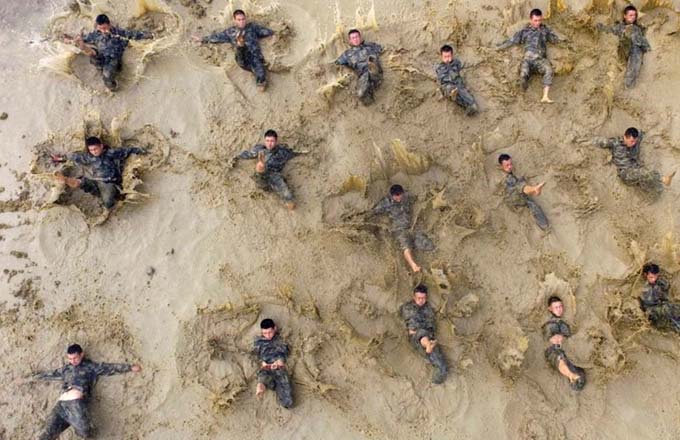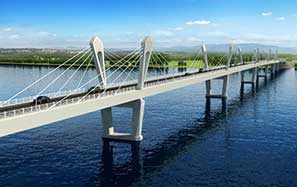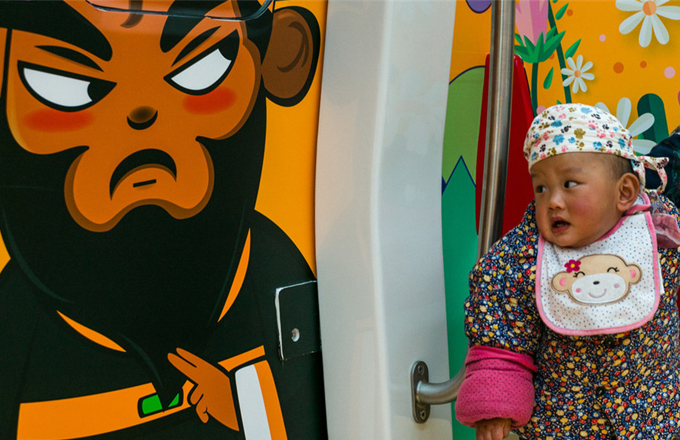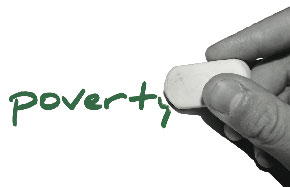Weihai tightens efforts to control marine pollution
Weihai in Shandong province has strengthened efforts to reduce waste generated from the land that affects the coastal region and oceans to ensure coastal waters are not polluted.
Since the 1990s the city in Eastern China witnessed severe pollution in the coastal region and ocean due to the fast-growing fishery industry.
But the city has given more attention to the marine environment and enacted restrictions on the fish farms since 2012, when they removed over 6,800 fishing cages.
Also, the government has put tougher restrictions on coastal construction to reduce the waste; illegal buildings, some as large as more than 100,000 square meters, were demolished.
Addressing another major source of waste contamination all the sewage from industrial production is now treated and 10 new sewage treatment plants were built to achieve this goal, the city government said.
Over 500 sewage outlets that were illegally used to discharge sewage into the ocean were sealed off.
“The huge projects, which may attract millions of yuan, could facilitate the city’s growth, but if they contaminate the coastal regions and the ocean, that fast growth is not sustainable,” said Ma Ruixing, head of the ocean and fishery bureau in Weihai.
To protect the good quality of coastal areas and ocean, the city has rejected many projects, with an estimated total investment in recent years of about 28 billion yuan.
Cao Qingmei, who lives near one of the city's beaches, said she enjoys the great changes in the improving environment. In 2009 residents in the area suffered the floating garbage and its foul odor in the water, but now she said she likes to walk along the beautiful coast.
To further protect the environment and reduce marine debris, Weihai signed a cooperative agreement with New York in 2015, designed for controlling marine pollution.
Marine debris is negatively affecting more than 800 animal species and causing serious losses to many countries' economies, according to a recent United Nations report.
The most common types of marine debris are: food wrappers, bottle caps, straws, grocery bags, beverage bottles and cigarette butts.



